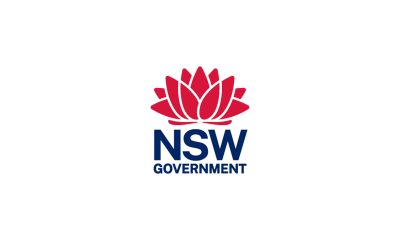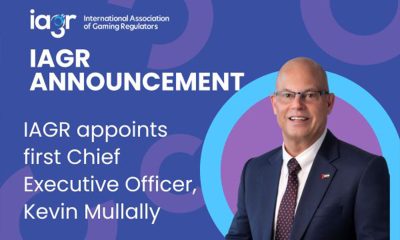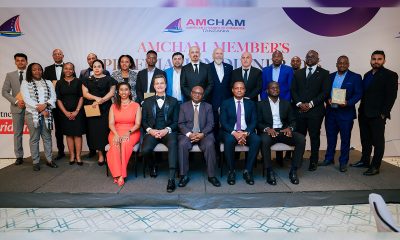Compliance Updates
GCB Requirements for Compliance Officer Based on NOIS/NORUT
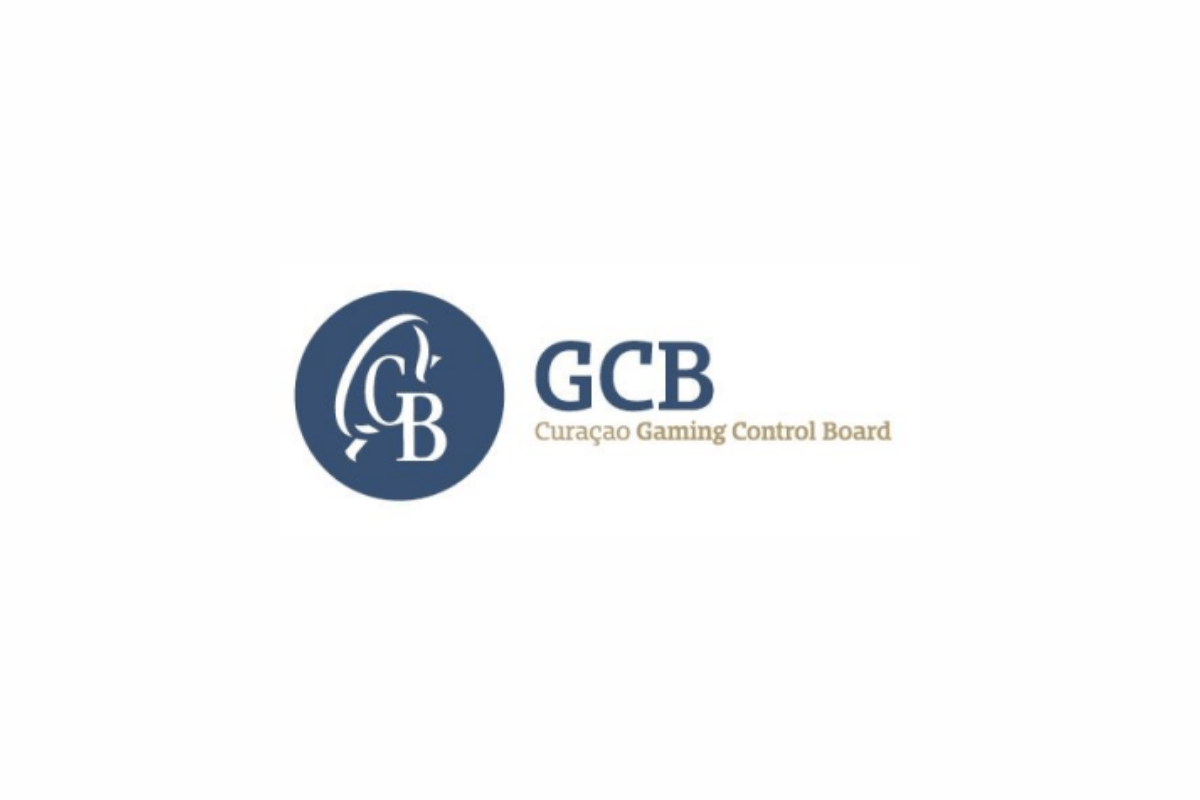
Introduction
The GCB provides these guidelines for the role of a Compliance Officer which is a statutory requirement for Curacao companies under the National Ordinance on the Identification of Clients when Rendering Services (NOIS) and the National Ordinance on the Reporting of Unusual Transactions (NORUT) as part of the fight against money laundering and terrorism financing.
Fit and Proper Requirements
The GCB aims to license operators that maintain integrity in their operations, which includes an effective compliance function. The individual acting as a Compliance Officer must demonstrate professional experience, competence and integrity. This entails specific requirements for those authorized by the GCB to serve as a Compliance Officer for a gaming operator.
Suitability
As part of the fit and proper process of the Compliance Officer, the operator must submit a comprehensive Personal History Disclosure Form to the GCB, along with all necessary supporting documents, including a CV, to enable the GCB to conduct thorough due diligence. The due diligence process may include, but not limited to, an assessment of the Compliance Officer’s:
- Personal and Professional History: Assessment of the individual’s background and experience, including any past legal or regulatory issues, to ensure no history of criminal activity, regulatory violations, or other conduct that would raise concerns about their suitability for the role.
- Reputation: Verification of the individual’s reputation through reference checks and, where applicable, consultation with relevant regulatory or industry bodies.
Competence
The operator must provide a detailed CV of the Compliance Officer, detailing their experience and education levels.
To qualify for the role, the Compliance Officer should meet one of the following criteria:
- Education and Experience: At least two years of experience in Anti-Money Laundering/Combating the Financing of Terrorism (AML/CFT) compliance in a reporting role, along with a bachelor’s degree or a relevant AML certification. Recognized certifications in Curaçao include the CAMS certification from the Association of Certified Anti-Money Laundering Specialists (ACAMS) and the AMLFC certification from the AML Foundation & Compliance Institute. Other comparable certifications may be accepted, subject to approval by the GCB.
OR
- Experience Only: At least four years of experience in AML/CFT compliance in a reporting role.
Additionally, individuals with at least two years of experience in a Money Laundering Reporting Officer (MLRO) role, or equivalent, in other jurisdictions are qualified to serve as a Compliance Officer according to NOIS/NORUT.
The Compliance Officer must demonstrate a commitment to continuing professional development by investing at least 10 hours annually in AML-related training. This may include industry-specific training and workshops offered by the GCB.
The Compliance Officer should have knowledge of Curaçao laws, including NOIS and NORUT, as well as AML regulations issued by the GCB. Familiarity with screening against EU and OFAC sanctions lists is also required.
- Scope of Responsibilities
The operator must formally designate a senior officer at the management level as responsible for detecting and deterring money laundering and terrorist financing. This AML/CFT Compliance Officer should have timely access to customer identification data, Customer Due Diligence (CDD) information, transaction records, and other relevant data, and must be able to act independently.
The Compliance Officer is responsible for:
- Designing and implementing the AML program.
- Ensuring compliance with Curaçao laws and regulations regarding money laundering and terrorist financing.
- Reviewing adherence to the casino’s policies and procedures.
- Organizing staff training sessions on compliance-related issues.
- Analyzing transactions and identifying those subject to reporting under the Ministerial Decree on Indicators for Unusual Transactions.
- Reviewing internally reported unusual transactions for completeness and accuracy.
- Maintaining records of both internally and externally reported unusual transactions.
- Design an internal procedure about when reporting of unusual transactions will lead to blocking/ freezing of user accounts
- Conducting further investigations into unusual transactions if necessary.
- Preparing external reports on unusual transactions.
- Making necessary changes to the AML program.
- Staying informed about local and international developments related to money laundering and terrorist financing and suggesting improvements to management.
- Preparing periodic reports on the casino’s efforts against money laundering, terrorism financing, and proliferation financing.
Conflict of Interest
The role of Compliance Officer must not be combined with any other function that could lead to a conflict of interest or compromise the independence of the compliance function. The Compliance Officer role cannot be combined with the functions of UBO, CEO, CFO, COO, Casino Manager, Slot Manager and other operational functions. Additionally, it should be separate from the internal audit function.
Exercising of Functions in Other Jurisdictions
An individual appointed as a Compliance Officer for a Curaçao entity may also serve as an MLRO in a foreign jurisdiction, provided they have sufficient time and resources to fulfill all roles effectively.
Outsourcing
The GCB permits the outsourcing of the compliance function to a reputable third party. The CV of the responsible manager must be submitted, detailing their experience and education levels. The operator should be able to provide the outsourcing contract upon request for evaluation by the GCB.
Any one person cannot represent more than 10 operators in the role of compliance function. This limit also includes similar roles in foreign jurisdictions. In specific cases, the GCB may contest this maximum given the size of the serviced operators.
Please note that the licensed operator remains responsible for ensuring the proper execution of the compliance function.
Transitional Arrangements
The GCB expects that both current and newly appointed Compliance Officers in the gaming sector will adhere to these guidelines.
If existing Compliance Officers of licensed operators do not meet one or more requirements at the time of introduction, some adjustment time will be allowed. The GCB expects the operator to comply with item 3 for its compliance officer right away. For items 5 and 6 the operator will have up to six months to comply with these requirements. Regarding item 4, competence, if the compliance officer is not compliant regarding experience and education levels, the licensed operator is awarded a maximum of 1 year to bring the knowledge of the compliance officer up to par. In this case, the licensed operator should disclose a training plan for the Compliance Officer, which will be monitored by the GCB.
Operators that have applied for a GCB license but have not been granted a license as yet at introduction date, should make sure that the proposed compliance officer complies with these guidelines since the mentioned transitional arrangements will not apply.
Exemptions
B2B licensees are not required to appoint a compliance officer as per the requirements issued in this guidance document.
Implementation Date
The implementation date is set for January 1, 2025
The post GCB Requirements for Compliance Officer Based on NOIS/NORUT appeared first on European Gaming Industry News.
Compliance Updates
MGA Publishes Results of Thematic Review on Self-exclusion Practices in Online Gaming Sector
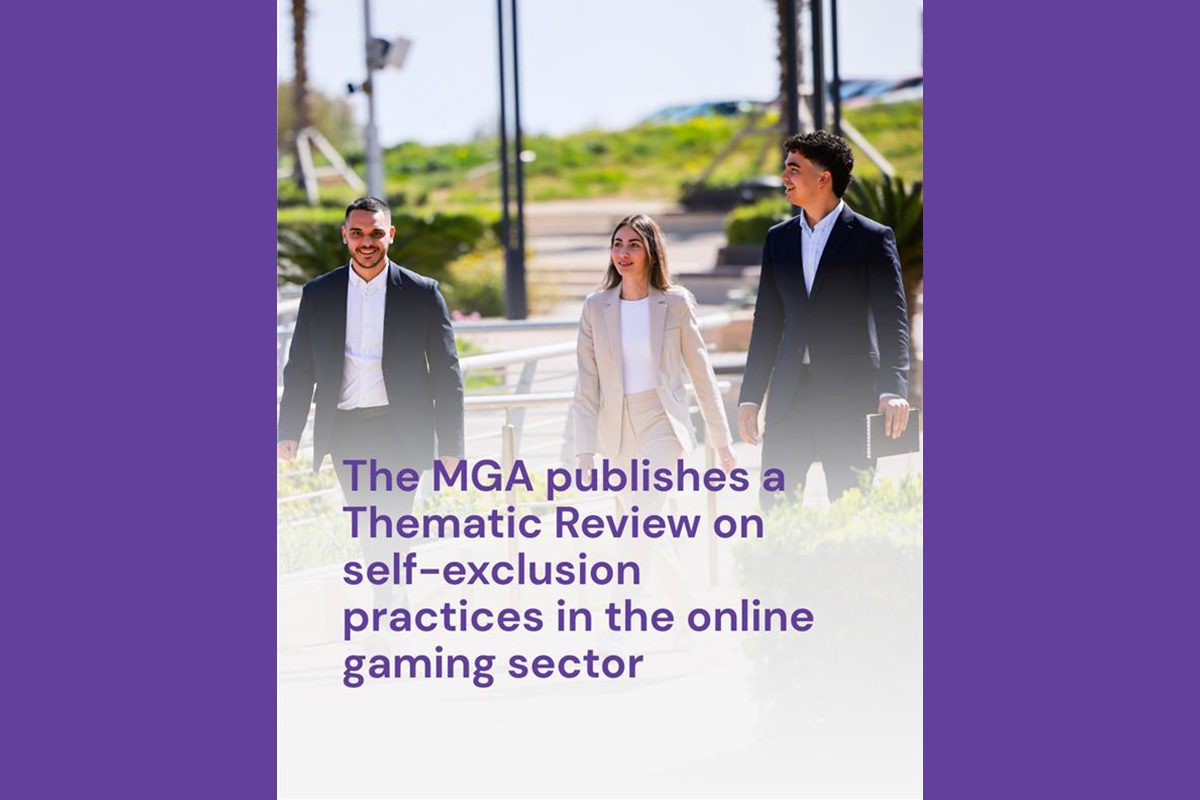
The Malta Gaming Authority (MGA) has published the results of a Thematic Review on how online B2C licensees implement self‑exclusion and other responsible gambling safeguards. The Review sought to identify any systemic weaknesses and clarify regulatory expectations relating to player protection, highlighting areas performing well as well as opportunities for licensees to strengthen their practices.
The Review was carried out in 2025 following reports that some players were able to access multiple brands despite being self‑excluded due to problem gambling. It examined the real‑world performance of player protection tools across 20 licensees and 58 active URLs. A mystery shopping exercise assessed the effectiveness of self‑exclusion processes, cross‑brand account controls, and the presentation of responsible gambling protections at key points of play.
The findings presented in this document reaffirm the Authority’s ongoing commitment to safeguarding players and upholding the integrity of the online gaming sector. Overall, the Thematic Review indicates a positive level of compliance, with the majority of licensees assessed demonstrating practices that are broadly in line with regulatory expectations. At the same time, the Review highlights opportunities for further strengthening player protection measures across the sector.
The assessment outlines the specific areas where enhancements would be beneficial. These include delays in activating self‑exclusion, instances where exclusions were lifted without applying a mandatory cooling‑off period, challenges in detecting duplicate or closely matching player identity details across brands, the absence of limit‑setting prompts during registration, and incomplete information displayed within Reality Check pop‑ups. Together, these findings provide guidance where systems and processes can be enhanced to ensure player protection measures operate as intended.
The Authority has communicated the findings to the relevant licensees, each of whom has been asked to address the points raised and submit rectification plans. Follow‑up supervisory engagement will continue where necessary, including monitoring the implementation of corrective actions. This work forms part of the Authority’s broader risk‑based oversight approach, aimed at promoting higher and more consistent standards of player protection across the sector.
Through this Guidance Document, the Authority encourages all licensees to use the insights from this Review to reinforce their internal frameworks, enhance their responsible gambling controls, and continue contributing to a safer and more sustainable gaming environment.
The post MGA Publishes Results of Thematic Review on Self-exclusion Practices in Online Gaming Sector appeared first on Eastern European Gaming | Global iGaming & Tech Intelligence Hub.
Adventure One QSS
Dutch Gambling Authority Imposes Penalty on Adventure One QSS for Illegal Gambling

The Netherlands Gambling Authority (KSA) has imposed a penalty on Adventure One QSS Inc. for illegal gambling. Adventure One offers games of chance on the Dutch market under the Polymarket brand name, without a license. The KSA has called on Polymarket to cease its activities immediately. If it fails to do so, the company will be fined €420,000 per week, with a maximum of €840,000.
Polymarket has been frequently in the news in recent months, particularly regarding betting on the Dutch elections. Although Polymarket itself states that prediction markets do not fall under the category of gambling, the Netherlands Gambling Authority (KSA) has taken a different stance. After contacting the company about its illegal activities on the Dutch market, there has been no visible change, and the offering remains available. The Netherlands Gambling Authority therefore imposed this order, subject to a penalty. A turnover-related fine may also be imposed at a later date.
Ella Seijsener, director of licensing and supervision at the Netherlands Gambling Authority (KSA), said: “Prediction markets are on the rise, including in the Netherlands. These types of companies offer bets that are not permitted in our market under any circumstances, not even by license holders. Besides the social risks of these kinds of predictions (for example, the potential influence on elections), we conclude that this constitutes illegal gambling. Anyone without a KSA license has no business in our market. This also applies to these new gambling platforms.”
The post Dutch Gambling Authority Imposes Penalty on Adventure One QSS for Illegal Gambling appeared first on Eastern European Gaming | Global iGaming & Tech Intelligence Hub.
Brais Pena Chief Strategy Officer at Easygo
Stake Goes Live in Denmark Following Five-Year Licence Approval
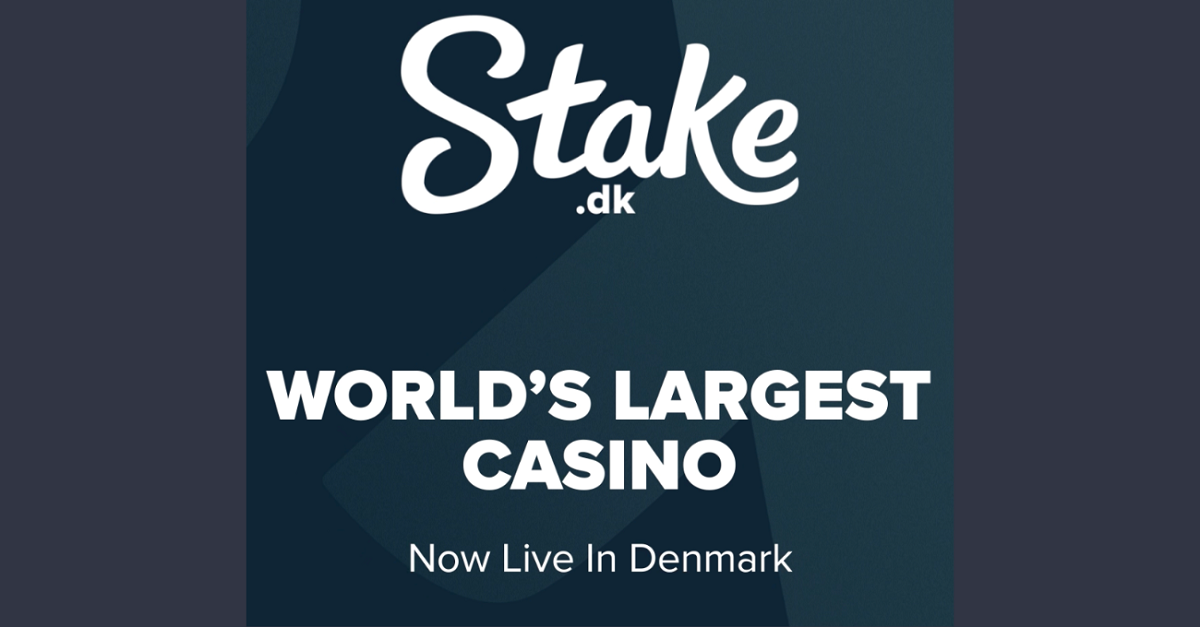
Stake, the largest online casino and sportsbook globally, today proclaims its official entry into Denmark after obtaining a five-year online casino and sports betting license. The shift reinforces Stake’s enduring dedication to enhancing its global growth strategy.
Denmark is often seen as a regulatory success within the European online gambling scene, and Stake has now introduced its flagship, internationally recognized product to the Danish market. Players will unlock access to Stake’s top-tier casino and sportsbook, showcasing exceptional games, cutting-edge technology, and an exceptional user experience, all provided with a strong local emphasis.
Starting 1 March 2026, Stake Denmark will set up its new headquarters at Parken Stadium, the national football stadium of Denmark and the home ground for FC Copenhagen.
Peter Eugen Clausen, Managing Director at Stake Denmark, said: “Denmark has one of the most well-regulated and competitive gaming markets in Europe, and that’s exactly what makes it so exciting. With Stake’s arrival, Danish players can expect a fresh, world-class experience backed by global scale and strong local focus. We’re raising the bar in terms of product, transparency, and entertainment, and I believe increased competition from brands like Stake will only drive the market forward in a positive way.”
Brais Pena, Chief Strategy Officer at Easygo, the technology company behind Stake, said: “Denmark marks our entry into the Nordics and represents a clear win in one of Europe’s most mature and high-value markets. With each new market, our momentum continues to build as we deliver on our global expansion strategy.”
Since its inception in 2017, Stake has positioned itself as the top betting and gaming brand globally by continually presenting advanced technology and novel gaming experiences for players around the globe. Upon entering Denmark, Stake maintains its dedication to player safety and responsible gaming, guaranteeing that gambling stays enjoyable, secure, and entertaining by providing extensive tools and resources that assist customers in comprehending and monitoring their gambling behavior.
The post Stake Goes Live in Denmark Following Five-Year Licence Approval appeared first on Eastern European Gaming | Global iGaming & Tech Intelligence Hub.
-

 CEO of GGBET UA Serhii Mishchenko7 days ago
CEO of GGBET UA Serhii Mishchenko7 days agoGGBET UA kicks off the “Keep it GG” promotional campaign
-

 Canada6 days ago
Canada6 days agoRivalry Corp. Announces Significant Reduction in Operations and Evaluation of Strategic Alternatives
-

 Latest News6 days ago
Latest News6 days agoTRUEiGTECH Unveils Enterprise-Grade Prediction Market Platform for Operators
-

 Acquisitions/Merger6 days ago
Acquisitions/Merger6 days agoBoonuspart Acquires Kasiino-boonus to Strengthen its Position in the Estonian iGaming Market
-

 Firecracker Frenzy™ Money Toad™6 days ago
Firecracker Frenzy™ Money Toad™6 days agoAncient fortune explodes to life in Greentube’s Firecracker Frenzy™: Money Toad™
-

 Blueprint Gaming4 days ago
Blueprint Gaming4 days agoBlueprint Gaming unleashes Frankenstein’s Fortune blending dynamic modifiers with multi-path bonus offering
-

 Africa6 days ago
Africa6 days agoMeridianbet Marks 17 Years in Tanzania with Over 500 Community Initiatives
-

 Big Daddy Gaming5 days ago
Big Daddy Gaming5 days agoBig Daddy Gaming® Expands European Footprint After MGA Licence Approval











